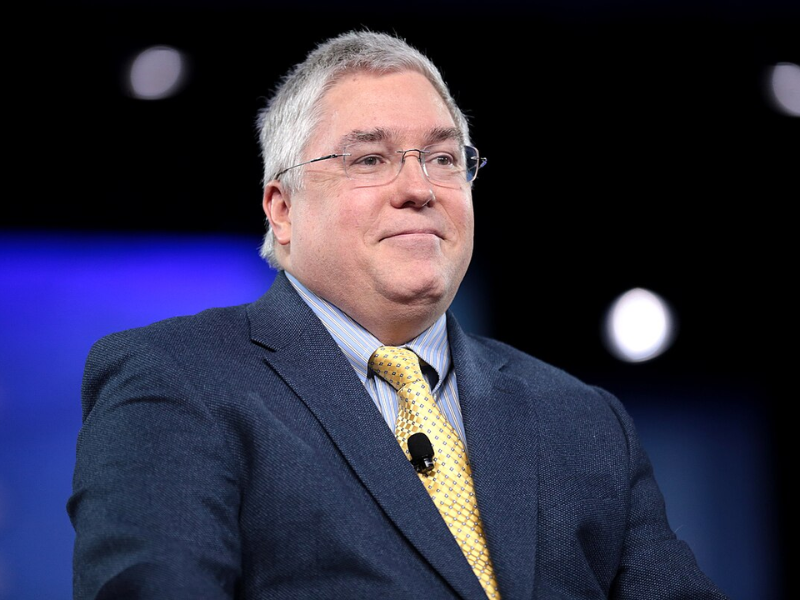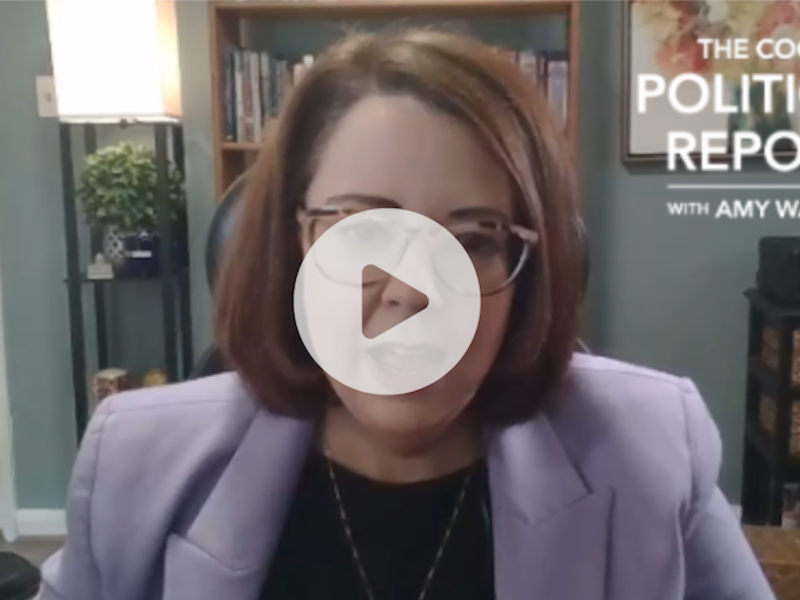
The article was originally published for the National Journal on February 28, 2022.
There has been a ton of new polling data released since Thursday, when this column took a first look at the immediate political implications of the Russian invasion of Ukraine and the aggressive sanctions placed on Vladimir Putin’s government and allies.
The nonstop television coverage of this humanitarian disaster, of the bravery and resilience of Ukraine’s military and its people, has been both riveting and inspiring. To watch a vastly outgunned country stubbornly refusing to be conquered clearly has caused a change of heart. Just weeks ago, most Americans could not find Ukraine on a map, with many having no interest in the U.S. getting involved—an understandable result of the toll of two decades of war in Iraq and Afghanistan.
That is no longer the case.
But what does not seem to have changed are public attitudes toward President Biden. In my view, Biden has demonstrated real skill and judgment in his handling of this crisis, exactly what we might hope for from someone who’s been immersed in foreign-policy issues for two-thirds of his 79 years. If he’d handled the flood of illegal immigrants coming over the U.S.-Mexican border, inflation, and the pullout from Afghanistan as skillfully, Democrats would not be prohibitive underdogs in their effort to hold onto their majority in the House. It would seem that assembling a surprisingly unified and strong response to Russia with several dozen heads of European governments has been easier than rallying recalcitrant progressives, who held up what should have been a relatively noncontroversial infrastructure package.
Polling by Fox News, ABC News and The Washington Post, and most recently Quinnipiac University all show the same pattern. Quinnipiac, for example, found that support “has increased for President Biden's decision to deploy thousands of troops to Eastern Europe to support U.S. allies in NATO. Americans now support the decision 70-21 percent. In a February 16, 2022 Quinnipiac University Poll, they supported it 54-36 percent.” A 16-point increase in support and 15-point drop in opposition over a period of less than two weeks is startling.
The Fox survey asked, “How much do you think what happens in the Russia-Ukraine conflict matters to life in the United States?” Seventy-six percent said it matters “a great deal” or “some,” to just 21 percent who said it “did not matter” much, or not at all. The ABC/Post poll found strong support for sanctions against Russia, but with a very important caveat. Gary Langer, who oversees the survey, wrote, “Sixty-seven percent support the United States and its European allies imposing economic sanctions on Russia, with 20 percent opposed and the rest unsure. If sanctions produced higher energy prices, however—as Biden has warned—support declines to 51 percent, with 33 percent opposed. That reflects economic discontent, with inflation at its highest in nearly 40 years.”
Biden himself does not seem to have benefited from the leadership role he has played in pulling together a normally unwieldy group of countries with diverse interests. His overall approval rating in both the RealClearPolitics and FiveThirtyEight averages is 41 percent—basically where it has been for a while, with disapproval rates of 55 and 53 percent, respectively. Biden’s approval ratings were a net minus-15 points in the most recent Marist/NPR/PBS poll, -13 points in Fox, -19 points in ABC/Post, and -14 points in Quinnipiac. When ABC/Post pollsters asked if under Biden, America’s leadership in the world has gotten stronger, weaker, or remained about the same, just 23 percent said stronger, 48 percent chose weaker, and 26 percent chose about the same. This is not what Democrats expected or hoped following a Donald Trump presidency.
A lot of this is undoubtedly driven by the economy, with a perception that Biden ignored or downplayed dangers of a strong surge in inflation for way too long. In terms of handling the economy, the Marist/NPR/PBS poll found that 36 percent of adults and 37 percent of registered voters approved of his handling of the economy; 58 percent in both groups disapproved. The Fox poll of registered voters had 37 percent approval on the economy and 61 percent disapproval; ABC/Post showed 37 percent approval, 58 percent disapproval.
The economy, and the perception of a president’s stewardship of the economy, is so important to people that it is likely to color their answers on that president’s handling of almost any issue, related or not. The strong economy helped keep Trump’s numbers from sinking to the bottom for a long time, despite his best efforts to take the plunge down to really low numbers.
Democrats have been fervently hoping that Biden rising to the occasion during a major foreign-policy crisis might help repair some of his damage sustained from the last year. There is no sign of it yet. I keep waiting for some pollster to ask a job-approval rating of Ukrainian President Volodymyr Zelensky among Americans. Those are likely to be better than any public figure in domestic U.S. politics.











Subscribe Today
Our subscribers have first access to individual race pages for each House, Senate and Governors race, which will include race ratings (each race is rated on a seven-point scale) and a narrative analysis pertaining to that race.